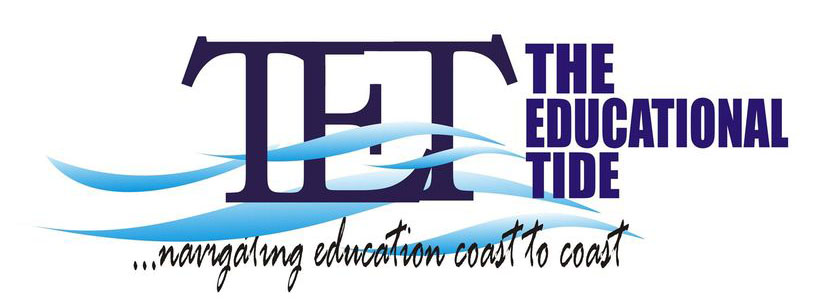Best Ofori
Globally, education has changed dramatically with the rise of e-learning which has greatly encouraged teaching to be undertaken remotely and on digital platforms.
The fact that online learning takes less time and efforts has also made this method a toast of many educational institutions and teachers as the COVID-19 pandemic reality made contact teaching just risky.
Most educational institutions in Nigeria and across the world have been teaching online as schools were shut down since mid- March 2020.
What does this mean for the future of learning?
Keeping children at home is pretty difficult. Apart from safety (especially when parents are out there to eke out a living), children are in most cases a restless lot. Many, sometimes, indulge in unwholesome activities such as scam, theft, gangs and sexual activities.
Recently, Data Science Nigeria and Malezi, in partnership with the MasterCard Foundation, created a platform for underprivileged children to access quality education through multi-channel platforms for the next one year.
The deal was built on the back of the school closures caused by the COVID-19 pandemic which elevated the application of technology in education delivery.
The “Learn at Home” project is designed to help children continue remote learning based on their access to technology. The initiative allows learning through mobile devices, radio and web.
Chidinma Lawson, Country Head, Nigeria MasterCard Foundation, said the initiative, funded by the Foundation’s COVID-19 Recovery and Resilience Programme would help address inequality in access to education.
“This pandemic continues to upend the basic assumptions about where, when and how we learn and work. Right now, the priority, in terms of education, is ensuring that chicken learn– no matter where they are or whether they have access to the internet. Ensuring the Universal Learning Continuity is critical if we are going to mitigate, not just losses in learning, but also the overall inequality being perpetuated by this crisis”.
Many believe the new hybrid model of education will emerge with significant benefit to both the educators and learners.
However, many educators and experts are cautioning against a wholesale adoption of on-line learning in Nigeria.
Dr. Peter Ogudoro, an Education Consultant and Expert in Education Policy, strongly believes that there must be a physical interaction between the teacher and the student for knowledge to be meaningful and impactful.
Speaking on “Hard Facts”, a daily talk programme on Nigeria Info 99.3 FM, Ogudoro said, “this should not make our education system automated and we should not rely on the trend. Technology can not replace teachers. The human connectivity is a very essential part of learning, gaining experience, while maintaining a give and take relationship between the teacher and the student, besides receiving practical knowledge.”
Stressing Ogudoro explained that some subjects that do not lend themselves to easy learning can’t be thoroughly taught on line only.
“These for example, include Mathematics, Chemistry, Physics and other empirical Sciences. Even the radio is not an effective way to reach such subjects,” he said.
Taking a panoramic view on the rise of online learning, a school teacher, Mr Gideon, also felt that it is better whether it is fully complimented by contact teaching.
“The students are lagging behind in the coverage of the syllabus. In France, for example, President (Emmanuel) Macron sanctioned all students to put on face mask. In China, students go to school in shifts”.
However, there is a general consensus that the unplanned and rapid move to online learning, with no training and little preparation will result in poor user experience that is not conducive to sustain growth.















